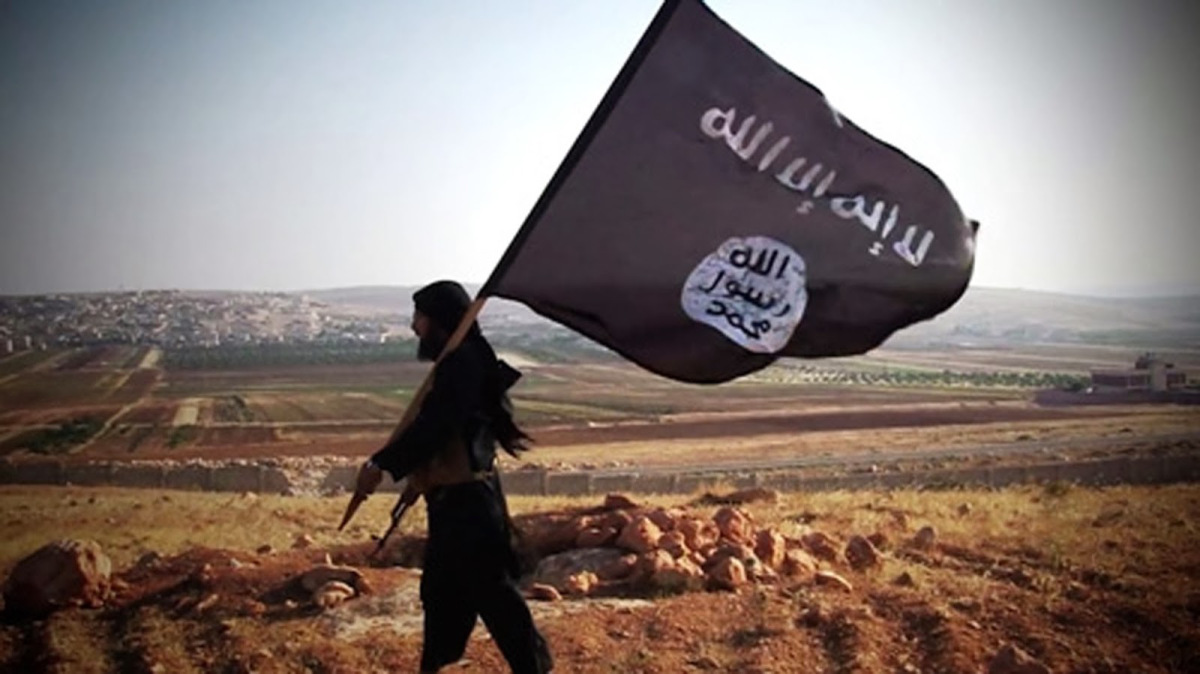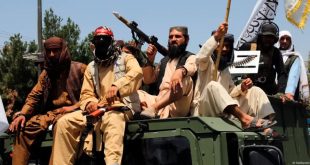By LAWRENCE SELLIN, PHD -According to security officials in Quetta, Shafiq Mengal is the leader of the Islamic State in Pakistan.
He was, quite literally, home-grown by the Pakistani government and has now gone rogue, like so many of Pakistan’s proxy prodigies.
Shafiq Mengal is the son of former Pakistan state minister for petroleum and Balochistan’s caretaker chief minister, Naseer Mengal. He comes from an influential and educated family, dropped out from Aitchison College in Lahore, and later attended an extremist Sunni-Deobandi theological school.
In 2008, Shafiq Mengal organized a pro-government tribal militia known as the Baloch Musallah Difaee Tanzeem, which was considered a pawn of Pakistan’s intelligence agency, the ISI, and enjoyed the confidence of the local Pakistani Army Frontier Corps. The Pakistani authorities saw it as being in the vanguard of the fight against Balochistan independence insurgents. Mengal’s group soon degenerated into a local death squad, killing people for political as well as non-political, tribal or personal reasons.
Shafiq Mengal has provided protection to Taliban and al-Qaeda operatives in Balochistan and was known as a subcontractor of the intensely anti-Shia Lashkar-e-Jhangvi (LeJ), a Sunni-Deobandi supremacist group and formal affiliate of al Qaeda. In 2016, seeking greater influence, the ambitious Mengal spent three months in Syria with ISIS and was openly recruiting for the Islamic State after his return to Pakistan.
In the wake of the Pakistani government crackdown on al Qaeda, the Pakistani Taliban and related domestic terrorist groups, Shafiq Mengal took advantage of the power vacuum created in LeJ to become one of the leading lights of the LeJ splinter group, Lashkar-i-Jhangvi al-Alami (LeJ-A), which has claimed responsibility for several bloody atrocities in Balochistan in the past year:
“While there has been no pledge of allegiance to IS leader Abu Bakr al-Baghdadi, LeJ al-Alami, a faction of the broader LeJ network, claimed joint responsibility with IS for three mass-casualty attacks, all in Baluchistan province – two in Quetta district and one in Khuzdar district (Geo TV, October 6, 2016). On August 9, a suicide attack in Quetta killed 70 civilians, most of them lawyers, at a legal protest, while an attack on a police college in October saw 60 cadets killed (al-Jazeera, October 25, 2016). In November, a suicide attack on a Sufi shrine in the Khuzdar district of Baluchistan province killed 52 people and injured more than 100 others (Express Tribune, November 13, 2016).”
But Shafiq Mengal is not the only Pakistani state-assisted local hood to graduate to terrorism aficionado.
Mullah Shahmir Bizenjo, the oft-claimed leader of the Islamic State affiliate in the Kech district of Balochistan, Lashkar-e-Khorasan, is part of an apparent political-narco network with connections to the Pakistani Army Frontier Corps, a local hand holder for Pakistani intelligence.
Still aspiring for promotion to the upper echelons of terrorism is a local death squad leader, also in Kech district, calling himself as Rashid Pathan. With the alleged assistance and the approval of the Pakistani Army Frontier Corps, Pathan and his fellow miscreants reportedly participate in all manner of criminal activity, including abduction, murder, drugs and fuel smuggling, land-grabbing, and even attacking a secular girls’ school.
Pakistan has a long-established policy of “Islamization” of its society. It largely does so through the proliferation of Sunni-Deobandi schools “madrasas” and a tolerance for extremist political parties. Both are the fountain head for the development and spread of Islamic terrorist groups in Pakistan. It is now the widespread belief that the Pakistani government uses those groups to suppress ethnic and nationalist aspirations within the country, as in Balochistan, and deploys them outside of Pakistan as instruments of its foreign policy, for example, to control Afghanistan and attack India.
Unfortunately, many of its home-grown terrorist proxies have now grown beyond its control. Pakistan has the tiger by its tail and is losing its grip.
Lawrence Sellin, Ph.D. is a retired colonel with 29 years of service in the US Army Reserve and a veteran of Afghanistan and Iraq. Colonel Sellin is the author of “Restoring the Republic: Arguments for a Second American Revolution “. He receives email at [email protected].
 Afghanistan Times
Afghanistan Times




